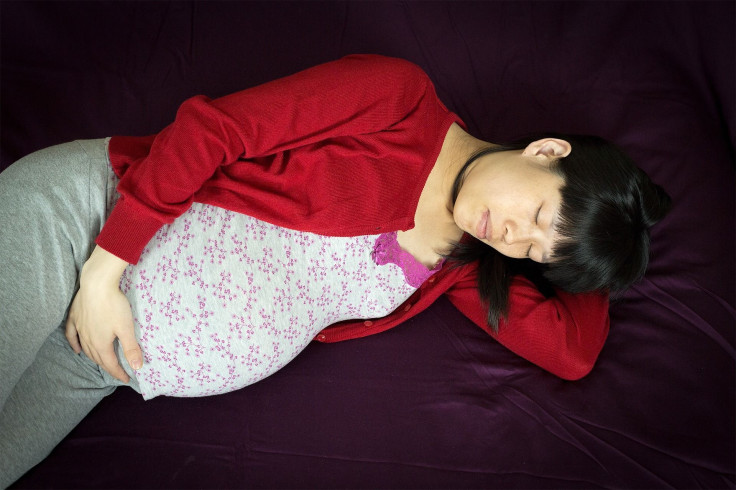Maternal Sleeping Positions Have No Adverse Pregnancy Outcomes, Says Study

Pregnant women do not have to be worried about their sleeping position anymore. A study has suggested that maternal sleeping positions cannot cause any adverse outcomes for the mother and her unborn child.
Doctors often recommend an expecting mother to sleep on her left side considering the safety of that woman and her infant. However, many women find it hard to sleep on one side or follow the proper position, eventually increasing their stress levels.
For all those women who worry about their maternal sleeping positions, the study provides a great relief. The research that was published in the medical journal Obstetrics and Gynecology on Tuesday did a prospective evaluation of different sleeping positions in pregnancy and the adverse outcomes of it.
Through the study, the research team found out that sleeping positions do not really add on to pregnancy complications. Though, previous studies have suggested that sleeping on the right side or back can increase the risk of preeclampsia or dangerously high blood pressure, low birth weight and stillbirth.
For the study, the researchers examined data of more than 8,700 pregnant women who filled up at least one questionnaire about their sleeping patterns in pregnancy before completing 30 weeks of gestation period.
While the researchers found that 22 percent of the participants or 1,903 women had serious pregnancy complications, they did not find a link between their sleeping positions and the problems they developed during pregnancy.
“There is downside to encouraging the avoidance of supine (back) sleep. Some women may have trouble sleeping on their left side and they cannot control movement during sleep,” lead researcher Robert Silver, who is the chair of obstetrics and gynecology at the University of Utah School of Medicine in Salt Lake City, told Reuters.
“Even with careful messaging, there is potential to increase anxiety in women who wake up on their backs and guilt, shame and self-blame in women suffering adverse pregnancy outcomes such as stillbirth,” the researcher added.
However, the study was not designed to evaluate the maternal sleep position and pregnancy complication in the last few weeks of pregnancy. Another limitation of the research was the inability to prove if sleep positions can directly impact pregnancy outcomes.
“Pregnant women should sleep in the position that they find most comfortable. For the few that do experience complications of pregnancy they should be reassured that it was not due to their sleeping position,” clinical professor Nathan Fox from the Icahn School of Medicine at Mount Sinai, who is also the vice president at Maternal Fetal Medicine Associates in New York City, said.
© Copyright IBTimes 2024. All rights reserved.





















